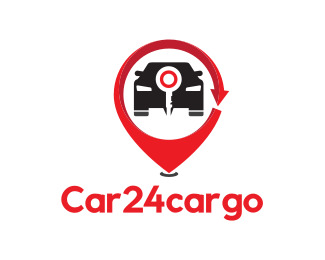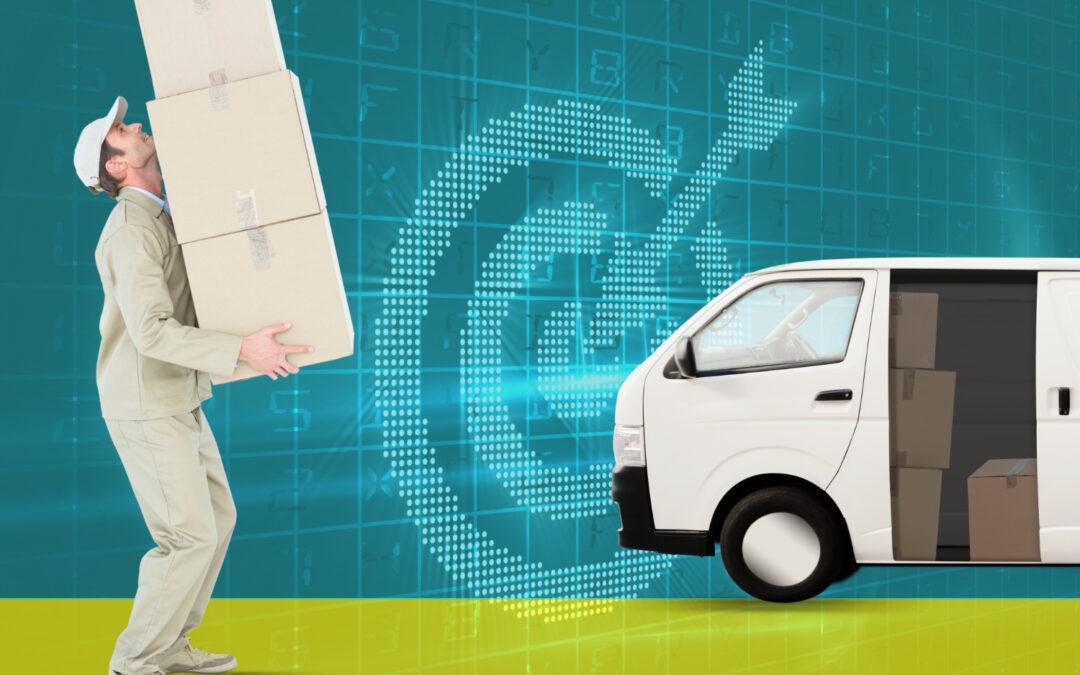Relocating a business is no small feat. From planning logistics to setting up at a new location, the process is riddled with challenges. However, in today’s tech-driven world, technology has become the ultimate game-changer, transforming how companies approach and execute commercial relocations. Let’s explore how technology shapes this vital aspect of business growth.
The Challenges of Commercial Relocation
Complexity of Moving Businesses: Moving a business isn’t just about packing boxes. It involves transporting sensitive equipment, organizing files, and ensuring employees are ready to adapt to the new location.
Downtime and Its Impact on Productivity: Every second spent in downtime during relocation is a potential loss in revenue. Companies risk customer dissatisfaction and stalled operations.
Managing Inventory and Assets: From office furniture to critical IT equipment, tracking everything can feel like a logistical nightmare without the right tools.
How Technology Revolutionizes Commercial Relocation
Inventory Management Tools: Modern inventory management software allows businesses to catalog assets, assign barcodes, and monitor their movement in real-time. Tools like Asset Panda or Sortly simplify this process, ensuring no item gets lost in the shuffle.
Project Management Software: Platforms like Trello, Asana, or Monday.com streamline the relocation process by keeping everyone on the same page. Teams can update tasks, track deadlines, and communicate seamlessly.
GPS and Route Optimization: Gone are the days of blind navigation. GPS systems and route optimization software like Google Maps and Fleetio help movers plan the fastest, most efficient routes, saving time and fuel costs.
Virtual Reality (VR) and Space Planning: Ever wished you could “walk” through your new office before moving? VR makes it possible. Tools like Matterport let businesses visualize layouts and plan setups, minimizing trial-and-error at the destination.
Cloud-Based Communication: Cloud platforms like Google Workspace and Microsoft Teams ensure uninterrupted collaboration, even when teams are split between locations. Critical documents can be securely shared, and video conferencing keeps everyone connected.
Benefits of Technology in Commercial Relocation
Reducing Downtime
With real-time tools and efficient planning, businesses can relocate faster, reducing operational halts and ensuring continuity.
Cost Efficiency
Technology minimizes unexpected expenses by streamlining logistics and reducing errors. Accurate tracking prevents loss or damage to valuable assets.
Enhanced Employee Experience
Moving can be stressful for employees, but tech tools that ease communication and organize the process help maintain morale and productivity.
Case Studies: Real-Life Examples
Tech-Savvy Relocation Success: A multinational IT firm recently used AI-based logistics software to move its office across the country. By leveraging tech, they cut relocation time by 30% and reduced costs by 20%.
Adopting the Right Technology for Relocation
The key to a successful move lies in choosing the right tools. Scalable software and professional guidance ensure even small businesses can leverage technology effectively.
Future Trends in Relocation Technology
Artificial Intelligence in Relocation Planning: AI tools predict potential challenges, optimize schedules, and provide data-driven solutions for a smooth transition.
Automation in Logistics: From self-driving trucks to robotic packing systems, automation is set to redefine how we think about relocation logistics.
Conclusion
Technology is not just a convenience—it’s a necessity in modern commercial relocation. By embracing these tools, businesses can streamline processes, reduce costs, and ensure a smoother transition. Whether you’re planning a local move or relocating internationally, leveraging the power of technology will set you up for success.
Contact Car 24 Cargo for hustle-free relocation!


Recent Comments